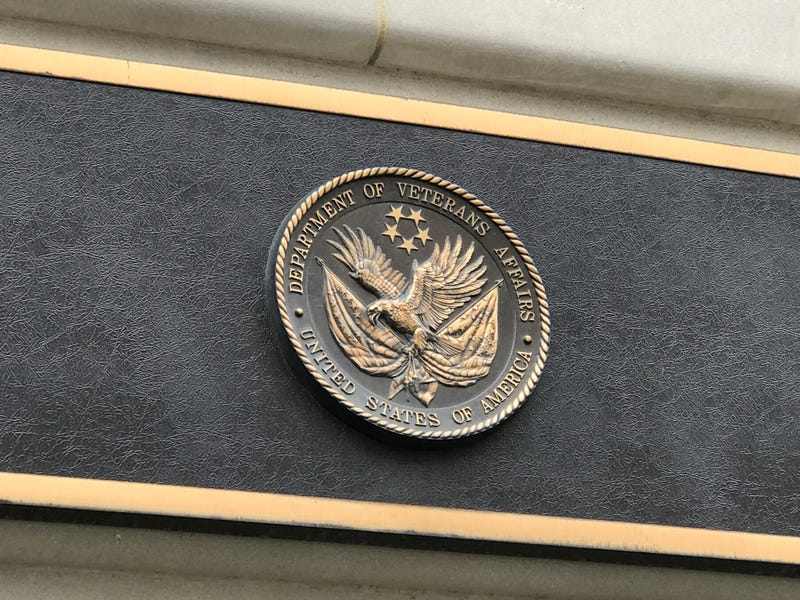
House lawmakers passed a $241 billion 2021 budget plan for the Department of Veterans Affairs, making VA the second-largest federal agency by budget, second only to the Pentagon.
The House approved the 2021 budget plan in a 224-189 vote July 24. All 181 Republicans present voted for the bill and seven Democrats voted against it.
The appropriations bill continues a nearly two-decade series of major increases for VA's budget, and likely makes it one of the only federal agencies that won't see cuts in its authorizations for next year.
VA's budget has consistently increased since the start of the wars in Iraq and Afghanistan. The president's budget ask for 2021 included a $12.9 billion increase, or about 10.2 percent more than 2020.
Though the plan nearly matches the total that President Donald Trump requested in his proposal earlier this year, it could still face significant resistance, since it's coupled with a $10.1 billion military construction funding plan that would block the president from using certain military construction dollars for the southern border wall. The legislation also includes some money to begin renaming military bases honoring the Confederacy, an effort that has prompted veto threats from the White House, which the president has said he opposes, in no uncertain terms.
The VA plan includes a $104.8 billion discretionary budget, about $35 million shy of the president's request, and $12.5 billion in emergency spending for medical services, community care under the Mission Act, medical support and facilities, electronic health records and IT systems.
House Veterans Affairs ranking member Phile Roe, R-Tenn., said he opposed the $12.5 billion in emergency funding, given the nearly $20 billion VA had already received from Congress, much of which has not been allocated.
"Congressional budget rules are in place to assure taxpayers that their hard-earned money will be spent appropriately by their government," Roe said in a statement Friday. "Using emergency money to make ends meet rather than making difficult decisions about how best to allocate finite resources is to break faith with those taxpayers and to abdicate our responsibility as lawmakers."
The committee's Democrat leadership said the plan aims to "builds a stronger VA and military and leaves no one behind."
“This year’s Military Construction and Veterans Affairs funding bill makes critical and serious investments in veterans,” said Rep. Debbie Wasserman Schultz, D-Fla., chairwoman of the.House Appropriations Subcommittee on Military Construction, Veterans Affairs and Related Agencies. "Amid a global pandemic, we also made unprecedented VA medical system investments to ensure that every veteran has access to the top-notch health care that they deserve, including historic spending for women veterans, mental health, suicide prevention, research, and homeless prevention."
“With robust emergency funding to address the rising cost of veterans’ health care, we will ensure that those who served receive the care they have earned," House Appropriations Chairwoman Rep. Nita Lowey, D-N.Y., said in a statement.
The fiscal 2021 budget for VA and the rest of the federal government still has a long legislative road ahead, including negotiations between the House and Senate to settle on a unified plan, as well as full debate on the floor of each chamber.
VA is not likely in danger from any potential shutdowns snags in negotiations could cause, though. Unlike other federal departments, VA receives much of its annual budget a year in advance to ensure operations continue during the political sparring.
–
Veterans Affairs Sec defends 2021 budget ask, pandemic response in the Senate
Veterans Affairs Sec defends pandemic response on Capitol Hill
Democrats accuse administration of ‘fantasy’ VA budget in election year ‘political game’
Lawmakers split along party lines on $243B VA 2021 budget plan
